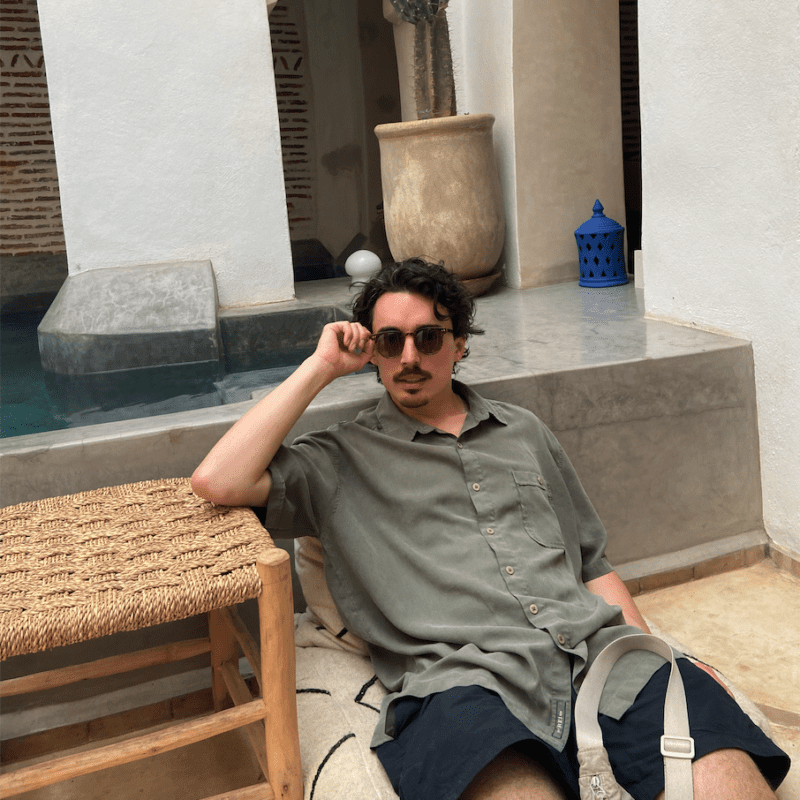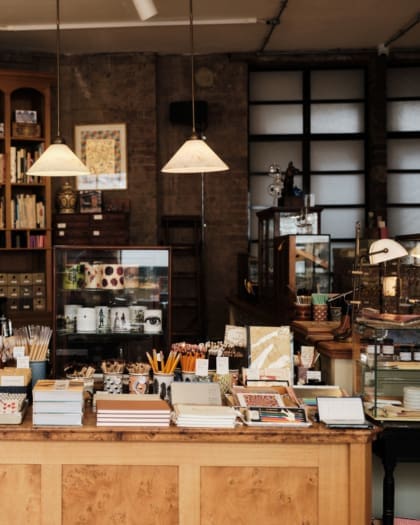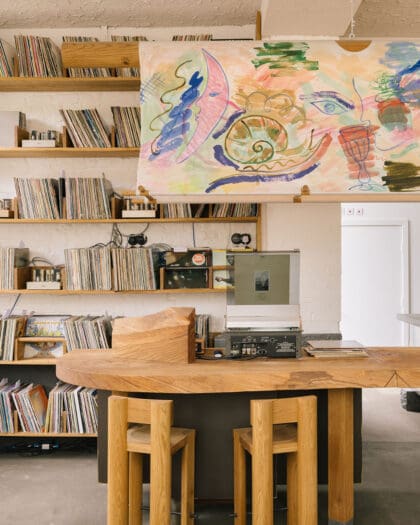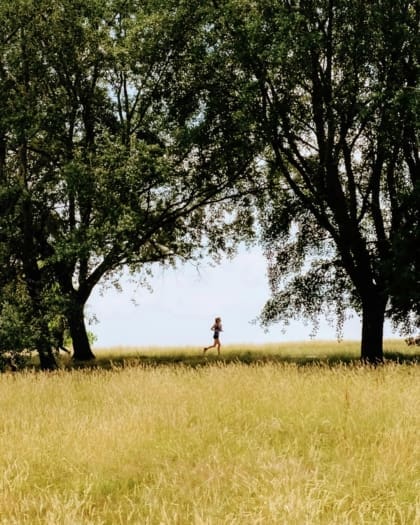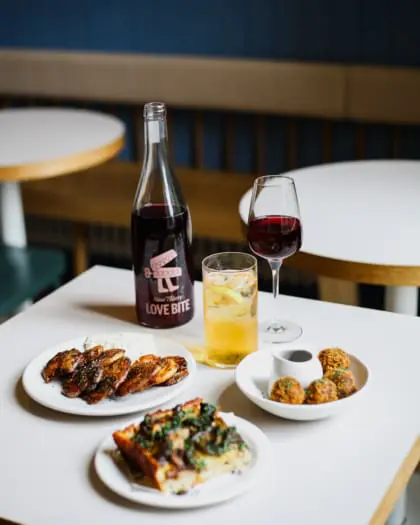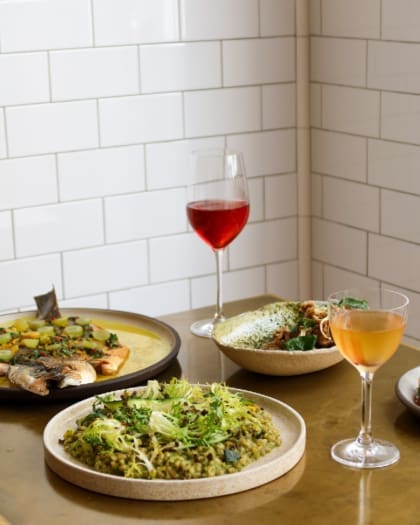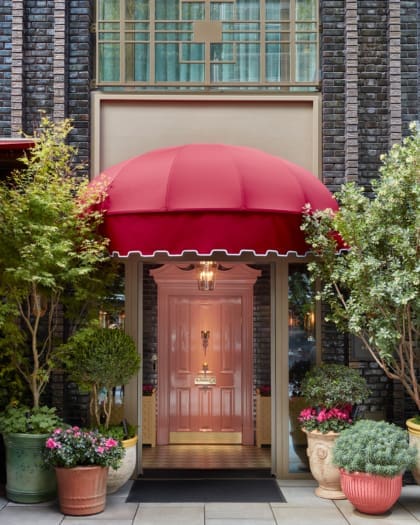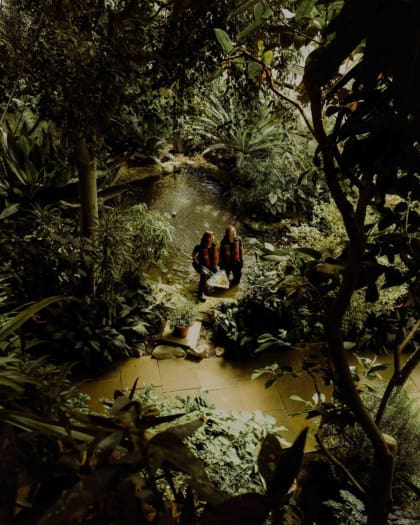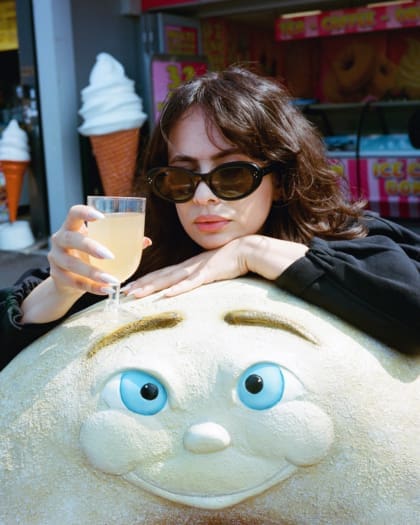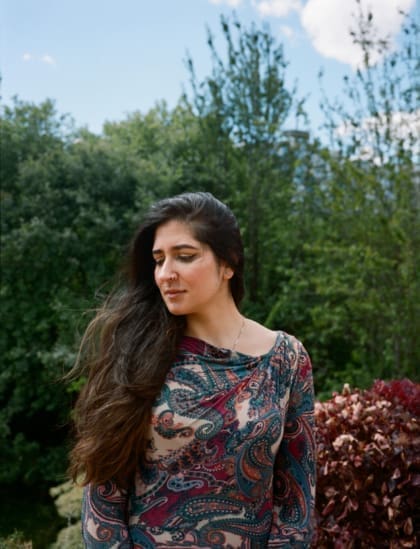
Poet Nikita Gill on identity, mythology and the power of oral tradition
As she launches her latest poetry collection, Nikita Gill shares the story of her peripatetic upbringing and her creative inspirations
Nikita Gill is a prodigious poet. She is what some have described as an ‘Instapoet’ – she has over half a million Instagram followers, and does share much of her work with her readership there. But this seems an unnecessarily narrow term considering she’s published at least one collection of poetry every year since 2016, her most recent being These Are The Words: Fearless Verse to Find Your Voice, which came out in August 2022 – her first written specifically for young adults.
She’s written an entire novel in verse, called The Girl and the Goddess, which was released in 2020 and is currently being adapted for TV by Lena Headey (Cersei Lannister in Game of Thrones). She’s written for TV, collaborated with sitar player and singer Anoushka Shankar (daughter of Ravi Shankar, and sister to Norah Jones) last year on the artist’s single, ‘Sister Susannah’, and performs regularly with other poets, artists, musicians and dancers across the world. And this is still only scratching the surface.
Gill’s poetry is hopeful and vulnerable in equal measure and deals sensitively with themes of femininity, healing, folklore and mythology, often distilled in tranquil images from the natural world. Through her books, such as Great Goddesses and Fierce Fairytales, she offers a fresh perspective on traditional narratives and characters, viewed through a modern and empowering female lens. Born in Belfast and raised in Delhi, Kashmir and Punjab, she was first published as a poet at the age of 12. Now at 35, she is in full stride.
For ROADBOOK’s How Did I Get Here series, the poet shares her peripatetic upbringing, her career highlights, what inspires her work, and what a journey means to her.
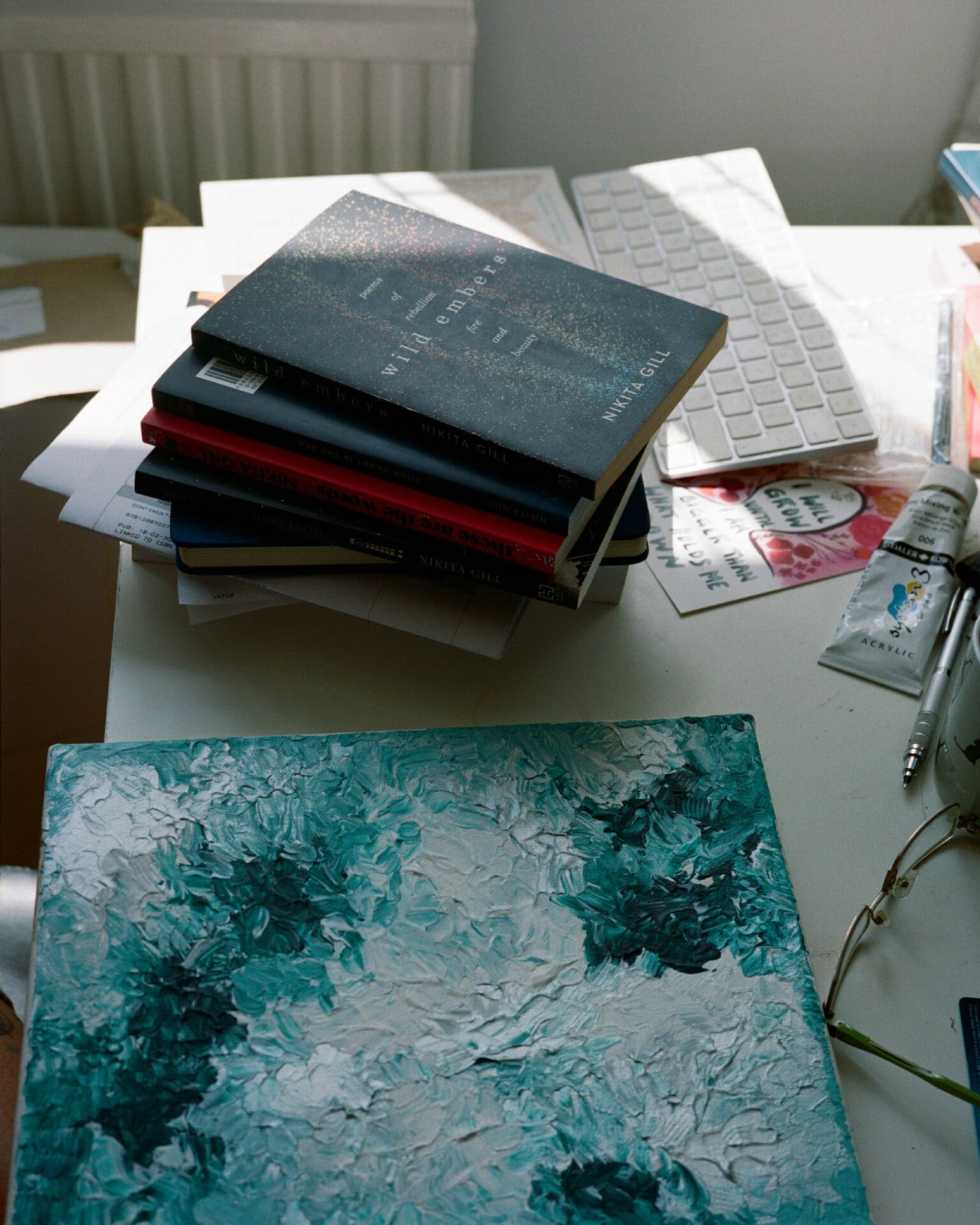
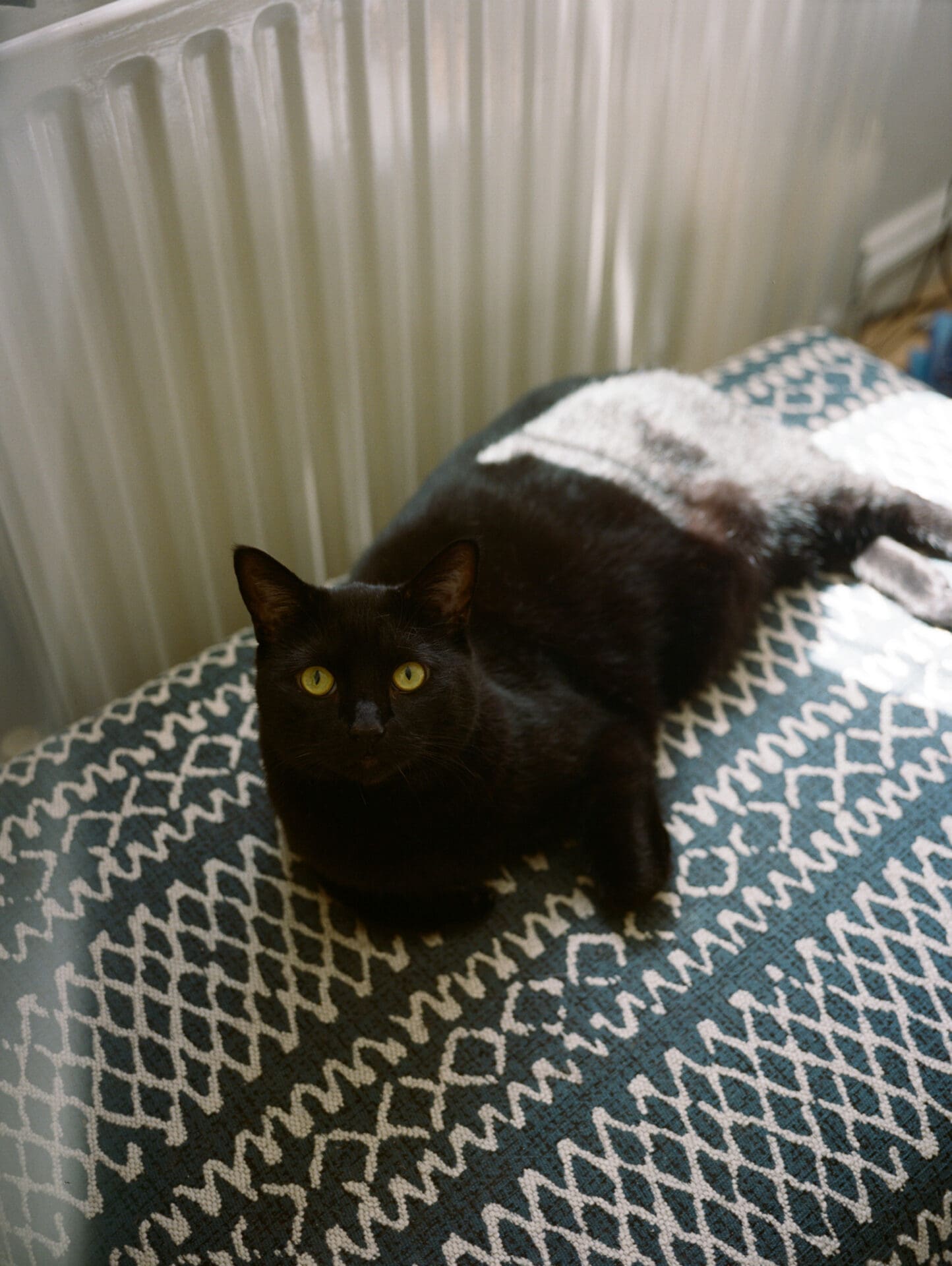
Growing up
You were born in Belfast and grew up in Delhi. What was your relationship like with these places?
My birthplace being Belfast and coming from Kashmir and Punjab means coming from three places of British-mandated partition in two very different parts of the world. In my book The Girl and the Goddess, I talk extensively about what it means to come from a land that has had a border drawn through it to make it two lands instead.
Religion plays a massive role in the fractures that still exist in these places today and it makes me think a lot about identity. What does it mean to be from so many places and at the same time feel like you’re from none of them and all of them? I think it makes me question what borders mean to people and why they exist. People, identity, divisions but most importantly love inform my creativity.
Career highlights
Your words featured in artist Anoushka Shankar’s single, Sister Susannah, from 2021. How did this collaboration come about?
Anoushka is one of the most talented, genius musicians we have in this world today – she’s always experimenting with sound, creating with diverse artists. I loved working with her. We met among mutual friends and began to work together not long after. ‘Sister Susannah’ was born out of sisterhood and support and I wish I could fully explain the magic of community and sisterhood coming together. Both as a human and as an artist, Anoushka Shankar is an absolute inspiration, as is the songwriter Alev Lenz, who was key in crafting this piece. It’s empowering to work with two women I respect so much on a song that means the world to all of us.
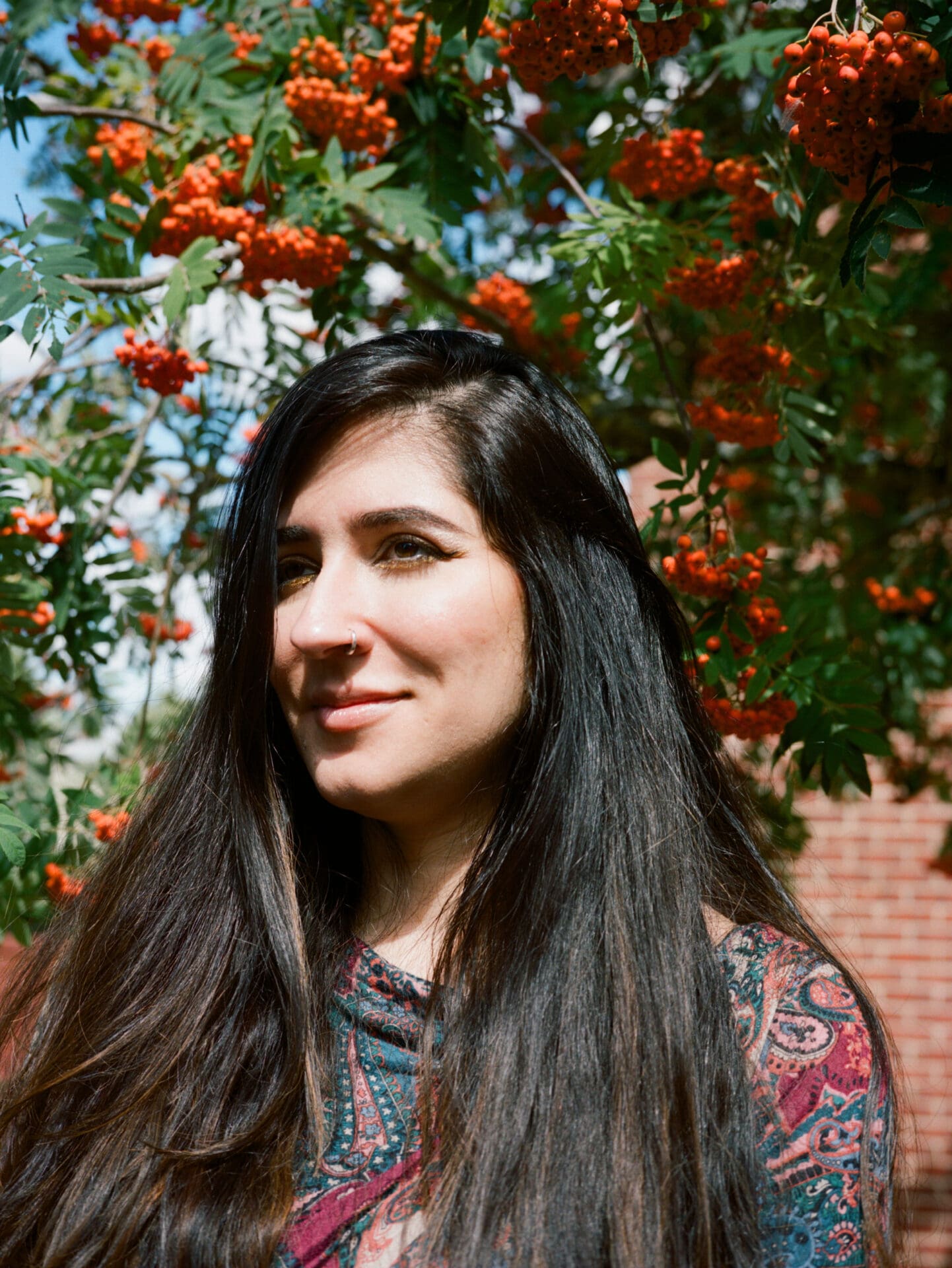
What have been some of your favourite career highlights so far?
Working with Anoushka Shankar and Alev Lenz on ‘Sister Susannah’. The author Nikesh Shukla and I did lockdown craft talks on Instagram. Performing alongside the wonderful British-Sri Lankan finger-drummer Gnarly as a two-piece band, which we called GN (we were put together by Nerm, the brilliant producer and DJ at Shiva Soundsystem). Doing any and all events with the wonderful poet Dean Atta.
Getting to interview the lovely writer Yrsa Daley Ward, TV presenter Anita Rani, poet Salena Godden, writer and memoirist Monique Roffey and the classicist and writer Natalie Haynes. Performing alongside fellow poets Nadine Aisha Jassat, Carlos Andres Gomez, Roger Robinson, Safiya Kamaria Kinshasa and Joelle Taylor at Bradford Literature Festival. Doing an episode on Paul Burston’s wonderful podcast We Can Be Heroes. I owe a lot to the community of amazing artists I am constantly inspired by.
The creative process
What do you think about when composing your poetry?
How nature reflects the human experience is a large source of my inspiration. I also find folklore and mythology fascinating to tell through verse. But then, I also believe there is inspiration for poetry hiding everywhere. Even an empty bottle of water tells the story of the person who drank it and left it there. I think it’s good practice for a poet’s mind to look at the world around you and be constantly astonished by it, as Mary Oliver famously said.
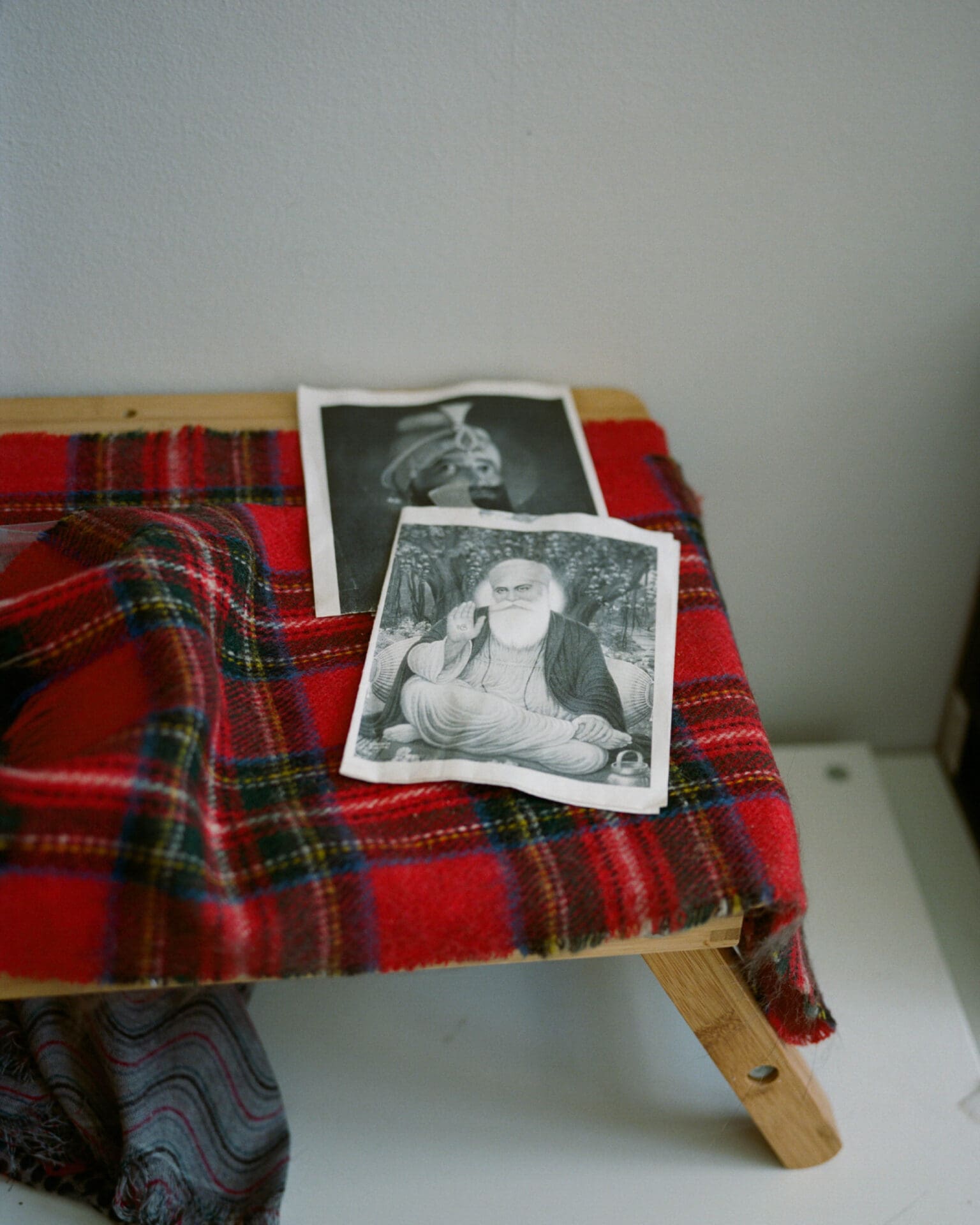
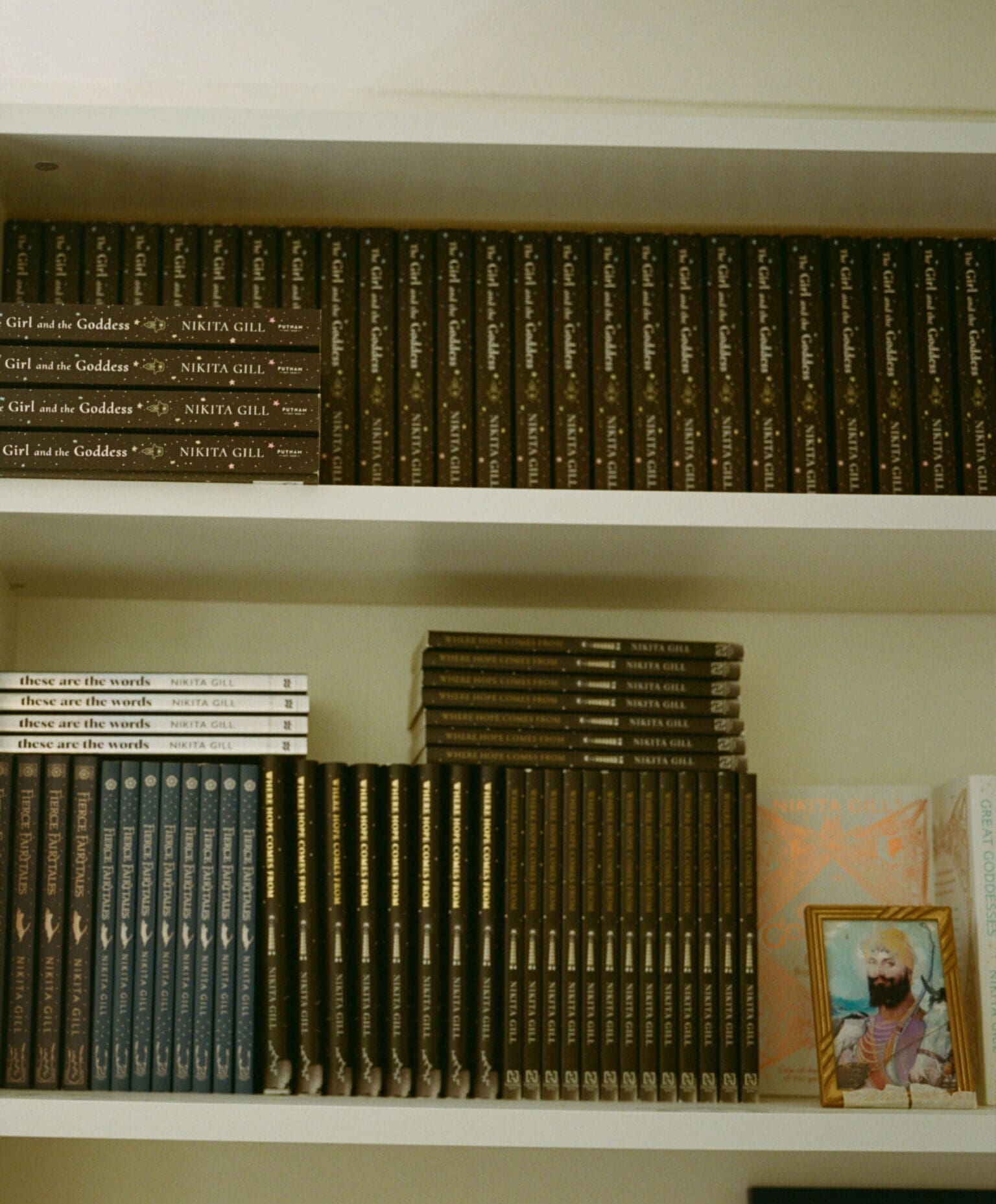
Are there particular writers or artists you admire?
Oh so many. Nikesh Shukla, Guy Gunaratne, Anoushka Shankar, Yrsa Daley Ward, Salena Godden, Natalie Haynes, Mohsin Zaidi, Trista Mateer, Ellen Bass, Toni Morrison, Audre Lorde, James Baldwin, Neil Gaiman, Joan Didion, Mary Oliver, Chimene Suleyman, Abir Mukherjee, Imran Mahmood, Danusha Lameris, James Crews, Arooj Aftab, Paul Burston, Ruth Ware, Tasha Suri, Lisa Jewell, Clementine Von Radics, Kate J Baer to name a few. We are so lucky to be living in a time of such great writing and art.
Your poetry was first published when you were 12. What made you start writing?
I think I’ve always written verse – I can’t remember a time when I wasn’t writing poems. It just took my grandmother and mother telling me that what I was writing was poetry. I come from a dual faith household where both my parents read diversely and loved books, so I was introduced to poetry and stories at a really early age, especially myth, folklore and theology, from different cultures and religions.
What do you hope people feel when reading your poems?
I just want my poems to make people feel validated in how they’re feeling. I hope they make people feel less alone.
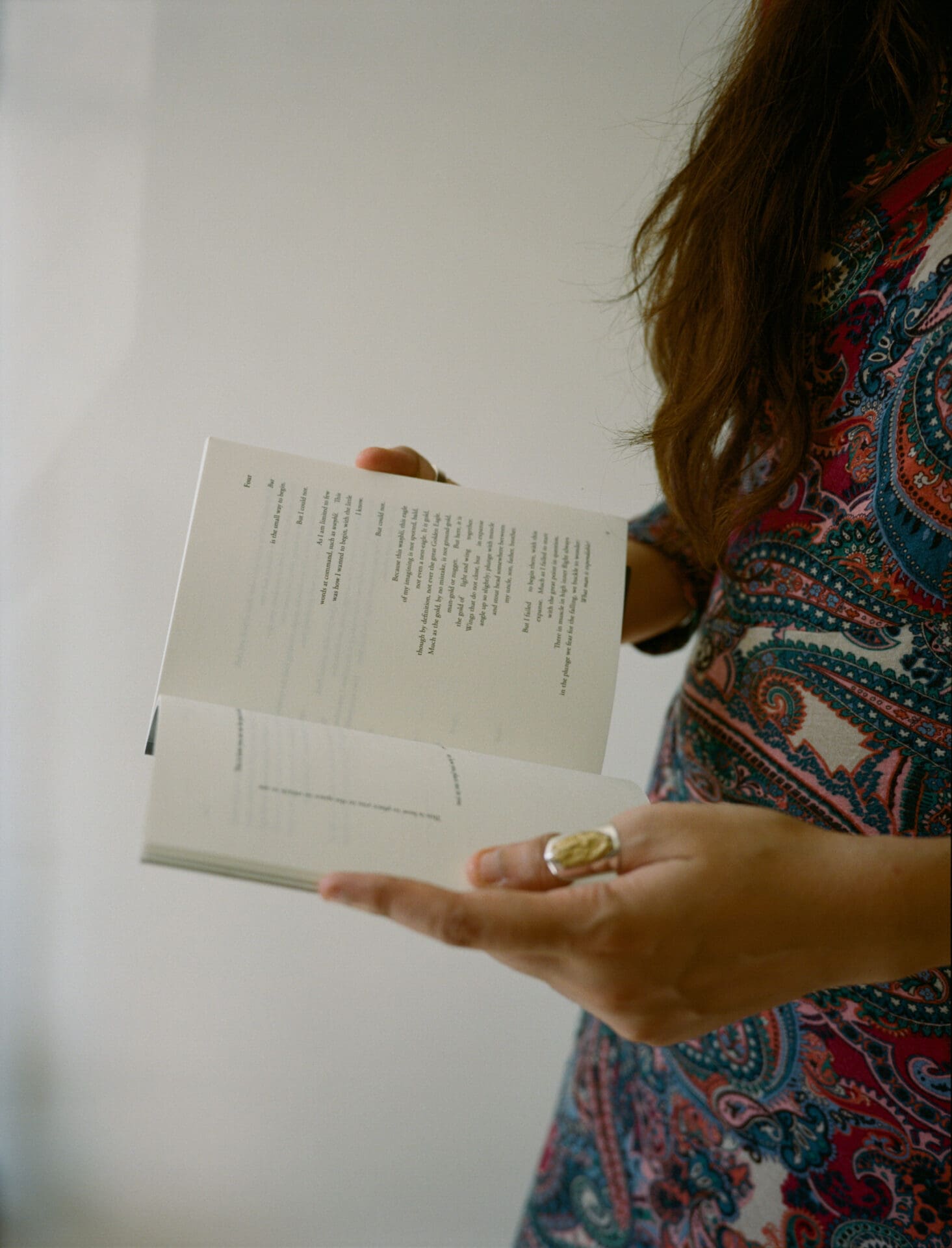
Inspirational travel experiences
How has travel shaped you as a person, and your work?
My father was in the merchant navy and for some time when I was a child, my mother, who was a teacher, home-schooled me on board the ship so we could travel with him. It was a wondrous experience to travel aboard the high seas. Watching my father navigate a ship from port to port taught me a lot about how small we are in comparison to nature. There is nothing quite like looking at the stars and moon from the balcony of a ship in the middle of the sea.
What does a journey mean to you?
One step in front of the other, progress from where you used to be without constantly thinking of a destination and what you’re going to do when you get there.
"A journey is progress from where you used to be, without constantly thinking of the destination"
Which country or location most inspires you?
My nani’s house in Jammu and Kashmir. I am not exaggerating when I call it paradise.
Where would you most like to go back to, and why?
I’d like to go back to my nani’s house. I haven’t seen her in three years and she is very much one of my greatest joys in life. She has this lovely garden full of beautiful pansies and roses and bougainvillea growing in bright pink bursts. In the summer, she grows strawberries to make into strawberries and cream and my grandfather’s mango trees are bursting with abundance. I miss that.
What does the future of travel look like to you?
I think post-Covid, travel is certainly different. I think more and more people are travelling only when it is urgent and personally I am hoping train journeys become more affordable. Train rides from England to Scotland and then hopping onto the ferry to go to Ireland is one of my most favourite journeys so far. I hope to do more of that.
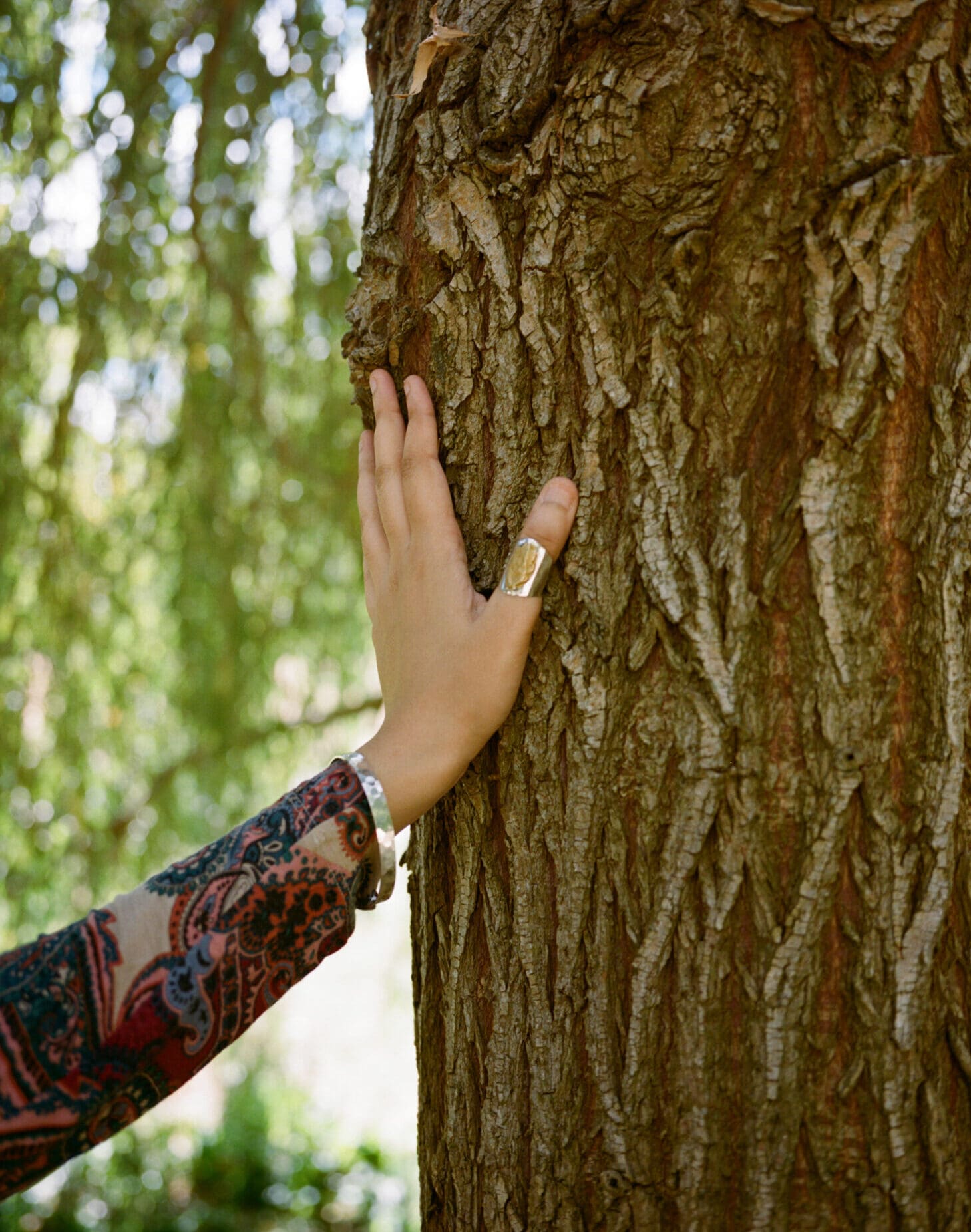
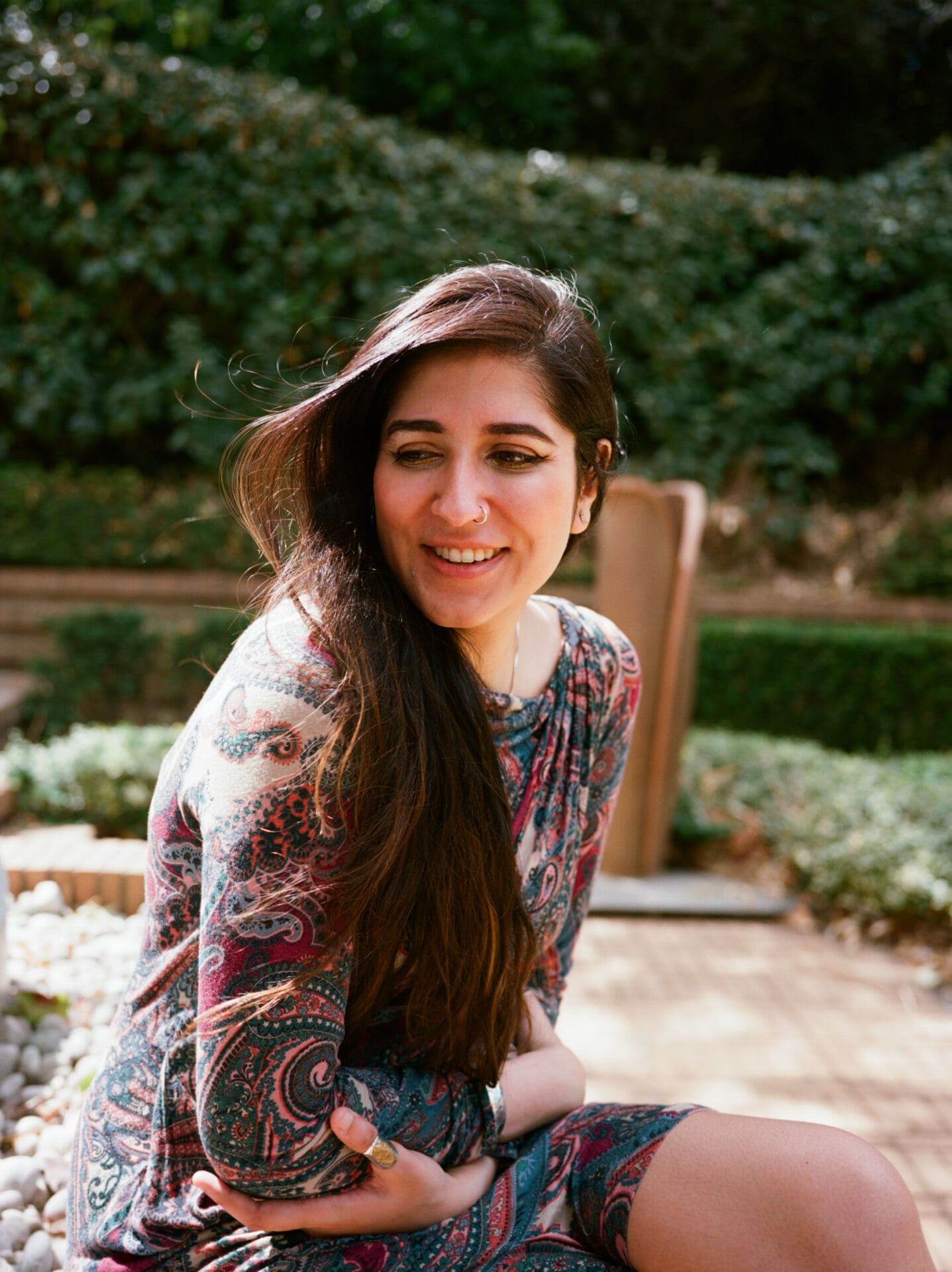
What’s the journey that’s impacted you most?
I spent a lot of time sailing with my parents, and the trip that really stands out to me is when we travelled from Mumbai to Madagascar. I loved Madagascar, I vividly remember there was a fair happening at the port we docked at and the sun was blazing hot, making all the colourful stalls glow. It’s a searing memory, all the more so as some of the local poets performed their poetry at twilight. Their words were all in Malagasy and I still remember the cadence of the words. I learned when I was older that Madagascar has a rich tradition of oral literature and poetry, which is why I value oral storytelling and verse so much.
Is there a journey you’ve always wanted to go on?
I would love to visit Kerala in India. I want to meet the poets and writers from there, fall in love up close with the art, the food, and spend some time walking along the beaches. It’s a part of India which I’ve not visited yet and some of my closest, kindest friends are from there. I would love to go and learn more about the place they call home.
